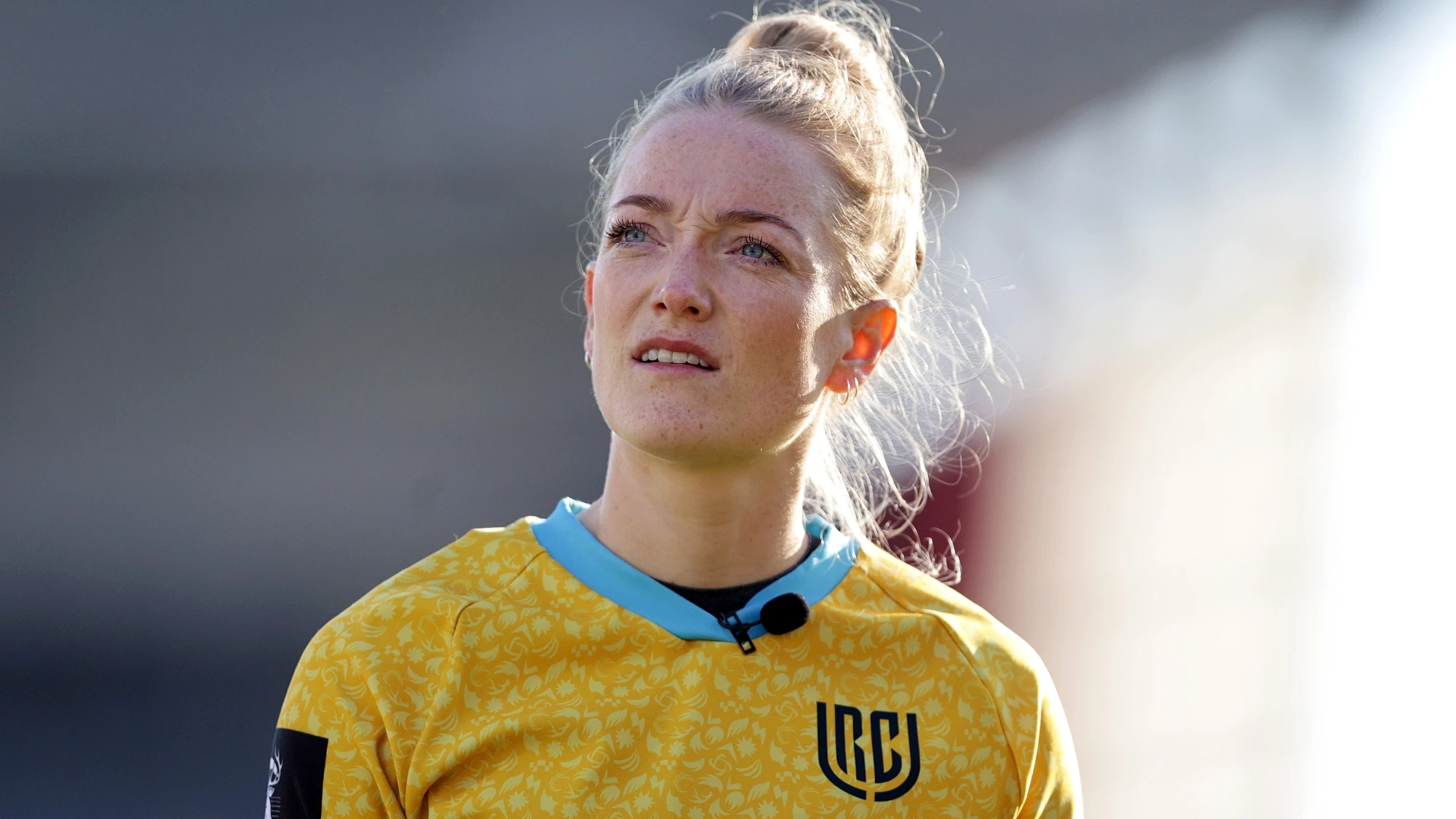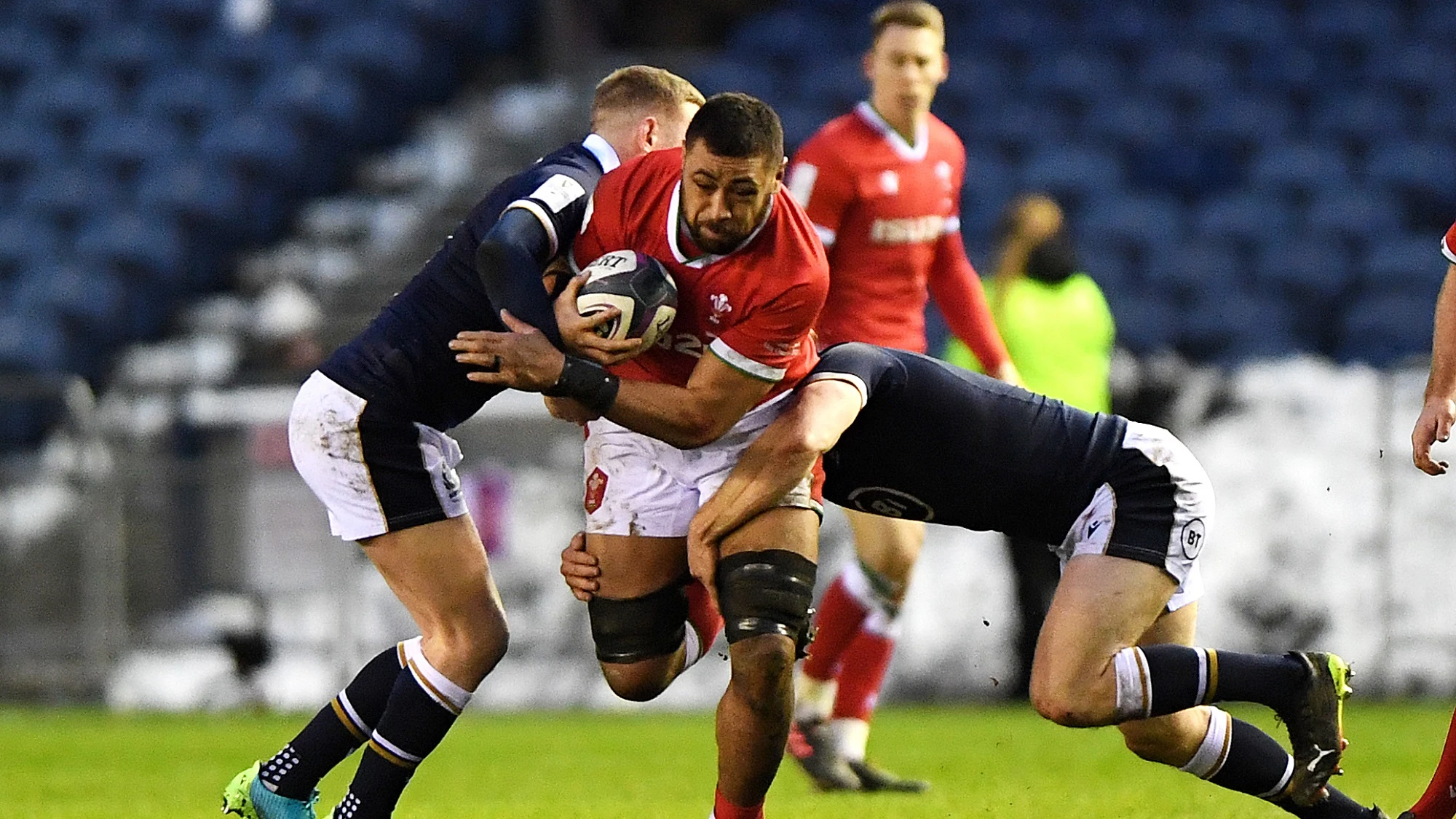He starts with a second successive victory for Wales, 25-24 away to Scotland.
Welsh Skill
There was a time when forwards were there to scrummage, tackle, and be useful at the lineout. That is no longer the case. Many modern game plans expect the forwards to contribute significantly as distributors. Fifteen quality passers mean that you can be more expansive and aggressive with your attack. No team embraces this more than Wales.
The Welsh squad had a difficult start to life under Wayne Pivac. Their attack stuttered in the 2020 Six Nations, finishing fourth in both tries and points scored. They followed that up by scoring just one try a game in the Autumn Nations Cup group stages. Since then the improvements have come. They have already scored six tries in this year’s Championship, second only to France. They also picked up a bonus point in victory on Saturday, something Wales haven’t done in five Guinness Six Nations games and something Scotland haven’t conceded in six.
A reason for this is the skill level of the Welsh forwards. They combine to pass 23% of all Welsh passes. No other team scores higher than 17%. Those passes have come in crucial moments. George North’s try in the opening round came directly from a Josh Navidi back of the hand flick. Louis Rees-Zammit’s wonder try to seal the match on Saturday came, indirectly, from a quality Adam Beard pass to Willis Halaholo, who was then able to execute a high-quality pass of his own. In fact, the first Welsh points of 2021 came thanks to a Justin Tipuric miss pass to Rees-Zammit.
At the Scarlets, Pivac had a game plan that involved attacking from anywhere and that required forwards who could pass. The transition to the national team was difficult but it looks like Wales might now be clicking and they are a dangerous team when they do.
Not all Lineouts are Equal
In 2020 Wales had the best lineout success with 88.6%. But sometimes winning a lineout is not as positive as you might think. You can win a lineout by slapping the ball down, under pressure, to your scrum-half who immediately knocks it on, or, as France found on Sunday, by hitting it back to your side where it bounces and ends up in the hands of the Ireland’s Ronan Kelleher for a try. A much better statistic is lineout effectiveness, which we can measure thanks to the advanced AWS Matchstats. In 2020 that measure dropped Wales down to fifth on the rankings.
This year Scotland top the lineout success charts with 92.3% of their lineouts won. When we look at effective lineouts Scotland drop, not as drastically as Wales in 2020, to second place behind England at 90.9%. The big movers are Ireland who won 88.9% of their lineouts but only 72.2% effectively, the lowest in the Championship and the only team under 80%.
After the first round Wales looked like they were on course for the worst lineout in the Championship but they sit comfortably in mid-table; sixth by lineout won percentage but fourth when looking at effectiveness. The good news for Ireland fans is that they have stolen more opposition ball than anyone else, a massive 21.2% of all opposition lineouts have ended up in green hands.
Italian Starters
Back in 2017 Italy tried to shock England by wheeling out the fox defence. They took advantage of an old law that meant there were no offside lines if no ruck was formed. Very shortly after that match, World Rugby changed the law to prevent a repeat of the fox. That hasn’t stopped Italy’s lateral thinking quest to gain an advantage. Franco Smith’s men are currently playing around with an inverted bench.
Most teams will start their two best props and substitute them after 50-60 minutes. The Italians start their second-choice props and then substitute them in the final ten minutes of the first half to be replaced by the first-choice pair. It seems unusual but it makes sense. The starting pair get to play flat out against an opposition who are pacing themselves. Then the replacements get a few minutes before a half-time rest. They also play in the clutch moments of the game when fatigue leads to more handling errors.
Compare the Italian way with England and Wales who ask their starters to go almost up to the 70th minute. Italy did not do this back in the Autumn Nations Cup but this is yet another example of creative thinking by Italy to try and gain an advantage.
Hidden Work
Each week we will call out one player whose value might not have been clear when looking at the traditional stats. This week the AWS Matchstats led us to pick French captain Charles Ollivon. Ollivon made 19 tackles, the most of Round 2. He also hit 38 attacking and defensive rucks, second most behind teammate Gregroy Alldritt in addition to eight lineout takes, also a high for round two. All that plus a 29th-minute try that gave France a lead they never relinquished.



